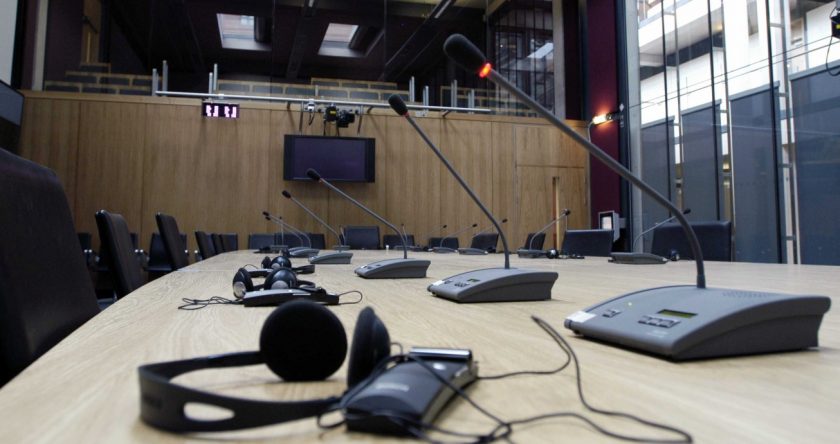Six out of ten Newsquest newspapers in Wales would have been loss making last year without public notice revenue

YESTERDAY: Welsh Council says it spent £151,000 on just four 20MPH public notices (£385k+ running total!)
Plans to scrap a legal requirement for public notices of council tax changes to be published in newspapers risk damaging local journalism and democracy, a committee heard.
Senedd members took evidence on the Local Government Finance bill which would remove a requirement to publish details of council tax changes in newspapers.
Instead, councils would only be required to publish a notice on their own websites.
Gavin Thompson, regional editor at Newsquest, which owns newspapers such as the South Wales Argus, warned the bill would have catastrophic unintended consequences.
Mr Thompson told MSs the proposals would set a worrying direction of travel for other public notices, such as for planning or licensing.
Emphasising the importance of the revenue, he said six of Newsquest’s ten local newspapers in Wales would have been loss-making last year without public notices.
He warned that the business, which employs around 182 people in Wales, would not be able to continue printing loss-making titles.
Mr Thompson said removing public notice requirements would create a worse climate for local news than in England despite a greater need in Wales
He told the committee: “What we need is the Welsh Government and the Senedd to support local journalism – and to not make it more difficult to produce.”
‘State subsidy’
John Griffiths, who chairs the Senedd’s local government committee, said the annual spend on council tax-related notices has been estimated at about £33,000 across Wales.
Rob Taylor, founder of Wrexham.com, raised the declining reach of local newspapers and stressed that the legal requirement is an indirect subsidy propping up the industry.
He said: “Back in the day, yes, circulations were huge and points of reference for many, many people – but the landscape has changed and it’s a bad law, it’s an out-of-date law.”
Saying public notices are becoming more expensive while circulations dwindle, Mr Taylor argued the requirement to publish public notices is no longer providing value for money.
He asked committee members: “Are we making a law here in Wales for the olden days or are we going to make one for the future?”
Mr Taylor said Wrexham.com does not want to get on the gravy train: “We don’t want the money for statutory notices – it’s a terrible law, a terrible way of communicating.”
He added that the website would be willing to carry such notices for free.
‘Circular effect’
Steffan Rhys, audience and content director for Wales at Reach, which owns the Western Mail as well as WalesOnline, also raised concerns about the proposals.
He warned that the commercial media sector is facing many headwinds that directly impact its revenue, including the dominance of Google and Facebook in advertising markets.
Mr Rhys said: “If you remove the requirement to put public notices in print titles, you are removing that information from a certain part of the public – there’s no two ways about it.
“You’re also removing revenue from publishers, that means publishers are able to do less journalism and that means the public is even less informed, so it’s almost a circular effect.”
He said £33,000 may not be a huge amount but when you add in all other public notices, it becomes a very large sum which is critical to the revenue of publishers.
Mr Rhys warned transparency would vanish if public notices retreated onto council websites as he raised concerns about the so-called democratic deficit in Wales.
He said: “The more challenged revenues of news publishers become, the more difficult they are going to find it to produce that sort of public-interest journalism that Wales really needs.”
Digital exclusion
Rachel Bowen is director of policy at the office of the older people’s commissioner for Wales, which this week published a report, entitled Access denied, about digital exclusion.
She told the committee meeting on January 31 that the proposals are yet more evidence of a “creep towards digitalisation and increasing exclusion”.
Ms Bowen raised concerns about the “grey, ambiguous” wording of a requirement for councils to make suitable, alternative arrangements.
“There’s just no clarity about what that means,” she said, pointing out that other groups such as disabled people and those on lower incomes can be digitally excluded.
Carolyn Thomas, a Labour MS for North Wales, who has had The Leader delivered for 25 years, said the text of public notices is so small that she could not read them.
Ms Bowen agreed that current arrangements could be more accessible but she criticised a “rush” to as-yet ill-defined alternatives.
By Chris Haines, ICNN Senedd reporter
Spotted something? Got a story? Email [email protected]












